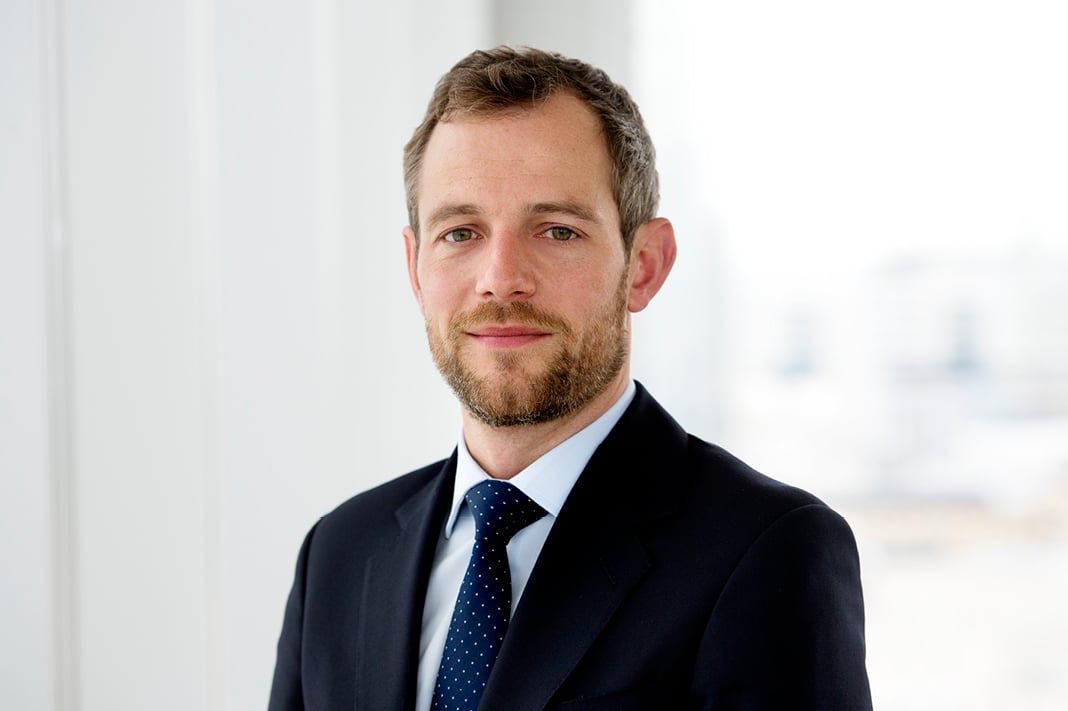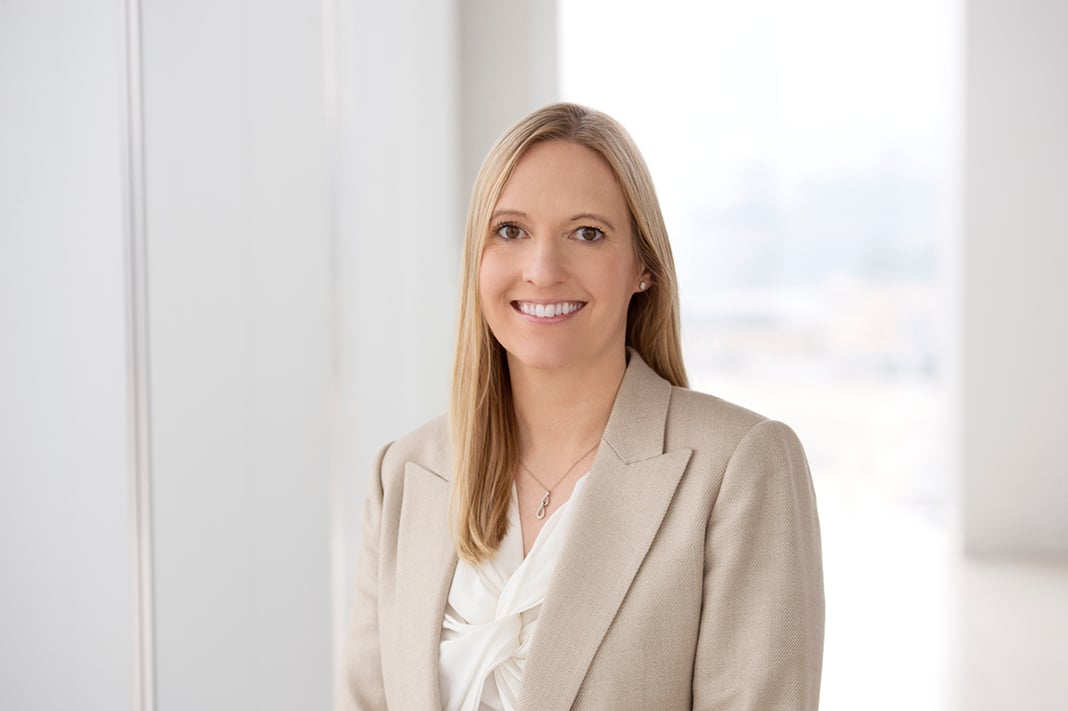How to choose a wealth manager
What you need to know
- A wealth manager can help you preserve and grow your wealth so it lasts for many generations
- Choose a wealth manager with a proven track record of returns, long-term thinking and exceptional client service
- Make sure your wealth manager aligns with both your values and the values of the next generation
- Talk to a Client Adviser at Rothschild & Co to find out how we can support you

‘It takes a great deal of boldness and a great deal of caution to make a great fortune; and when you have got it, it requires ten times as much wit to keep it.’
– Nathan Mayer Rothschild
There is an old English proverb, said to be of Lancashire origin, that families go ‘from clogs to clogs in three generations’.1
Clogs were shoes with wooden soles commonly worn by factory workers in the north of England during the 1800s. The proverb implies that families who become wealthy often return to their humble beginnings by the third generation.
Many nations have their own version of the saying. Americans prefer ‘from shirtsleeves to shirtsleeves in three generations’, while in Italy it's more common to hear ‘from stables to stars to stables’.
While the wording differs from culture to culture, the message is always the same: wealth can be easily lost, if you are not prudent.
A wealth manager can help you avoid this fate, but entrusting your financial future to someone else is a big decision. You need to be confident that you're making the right choice.
Plan for the long term
People become wealthy in many different ways. For some, it's through a family business or entrepreneurship. For others, it's due to an inheritance or unexpected windfall. Whatever your circumstances, wealth preservation should be a priority.
Put simply, your wealth needs to last. As such, wealth managers need to demonstrate they can preserve and grow your wealth over multiple generations, both in good times and bad.
Two centuries in the making
At Rothschild & Co, we are proud of our 200-year heritage and seven generations of family ownership.
We firmly believe that longevity is a key quality in a wealth manager, and many of our clients feel reassured that their money is with a company that has stood the test of time itself. Our low staff turnover further illustrates our commitment to stability and continuity in an industry where these qualities are vanishingly rare.
A long-term view also underpins our ‘bottom-up’ investment approach, investing in companies we believe will deliver strong returns, rather than broad sectors or trends.
We aim to achieve sustainable returns, while avoiding large losses, over many generations, and when we invest our clients' money, we do so alongside our own. The average holding period of a company in our portfolios is seven years, and we've held a number of positions for well over a decade.
Researching an institution's history, reputation and structure can give you some indication of its track record for wealth preservation. Past performance is no guarantee of future results, but a strong, long-term track record of preserving and growing clients’ wealth is desirable.
Asset Risk Consultants (ARC) has been gathering data on wealth managers for the last 20 years. As one of the founding data contributors, the ARC data clearly demonstrates the market-leading results we have achieved for our clients in that time.
The median sterling ‘steady growth’ investment portfolio across all the ARC contributors would have grown by 195% over the 20 years to December 2023. An investment portfolio with Rothschild & Co over the same 20-year period would be worth 257% after all costs – a return that is not just above the results of many others but also well ahead of our investment objective of inflation + 3%.
A long-term perspective should also be evident in a wealth manager's investment approach, which will then shape how they select investments and the way in which they manage the inevitable ups and downs.
Researching an institution's history, reputation and structure can give you some indication of its track record for wealth preservation."
Seek exceptional client service
The best wealth managers don't just invest your money, they invest their time in building strong, enduring relationships with clients. Portfolio performance is important, of course, but most people require broader financial advice and support.
So whether it's acting as a sounding board for ideas, discussing your borrowing options, or providing a cool head during a crisis, a wealth manager should be there when you need them.
You may therefore want to appoint a firm that services a smaller number of accounts per adviser, as this typically enables them to spend more time with each client. Also, check whether a wealth manager has good retention rates of both clients and advisers.
Occasionally, certain services may fall outside of a wealth manager's areas of expertise, but this shouldn't necessarily be seen as a drawback. A firm that stretches itself too thin risks neglecting its primary responsibilities of preserving and growing your wealth.
However, a wealth manager should have a network of trusted contacts they can put you in touch with when you require additional support.
We pride ourselves on our exceptional client service that helps drive industry-leading levels of client satisfaction. Every two years we conduct an independent survey of our clients to help maintain our focus on client service and satisfaction. Our latest survey, carried out by market research firm Savanta, found that 94% of clients described themselves as satisfied with their service from Rothschild & Co Wealth Management.
Whether it's acting as a sounding board for ideas, discussing your borrowing options, or providing a cool head during a crisis, a wealth manager should be there when you need them."
Consider the next generation
Passing on wealth is an issue that families must navigate carefully to achieve a smooth transition. When choosing a wealth manager, you'll want an institution that can deftly guide you and your family through this complicated and often emotional process.
They can help you define and articulate your goals, as well as encourage the honest conversations around money that need to happen in order to adequately prepare the next generation for wealth.
With this in mind, ensure a wealth manager aligns with not only your own values, but also those of your heirs.
Younger generations are showing more interest in environmental, social and governance – or ‘ESG’ – issues, for example, so they may want reassurance that a wealth manager is investing responsibly and not just paying lip service to sustainability.
There is little point in preserving and growing wealth for future generations if we invest capital in a way that is detrimental to the world we live in.
Some wealth managers can also influence and shape the behaviour of the companies they invest in through active ownership and engagement.
We ourselves have strong, long-standing relationships with management teams at investee companies that enable us to offer them constructive feedback on a range of issues important to our clients, including sustainability.
As active owners, exercising our shareholder voting rights is just step one. We go far beyond that by developing meaningful relationships with the management teams of our holdings. This means we have better conversations, higher engagement and ultimately, better outcomes for our clients.
Take your time
Ultimately, your wealth manager will likely be working with you and your family for many years, ideally generations, so take the time to research your options carefully.
Asking for recommendations from friends, family or peers can be a good place to start, but remember their circumstances may be different from yours. What's right for them may not be right for you.
Spend time speaking with several firms before coming to a decision. No two wealth managers are the same, and meeting face to face with multiple institutions will give you a better idea of what services you may require, both now and in the future.
So prepare some key questions in advance to help you narrow down your search and decide whether a particular wealth manager is going to be a good fit.
Key questions to ask
- What is your business model?
- How do you invest your clients' money?
- What is the breadth of your services?
- What kind of relationship do you have with clients?
- How will you help me to achieve my goals?
- What is your fee structure?
- What is your long-term track record?
You should also enquire about fees and transparency of costs, as they affect the value of your wealth over the long term. For example, some wealth managers receive a fee for selling certain investment 'products', so be aware of any conflicts of interest that may influence their advice or encourage short-termism. You should also ensure that any performance is presented net of fees to allow for fairer comparisons.
Finally you should also see this as your opportunity to get a feel for the people and organisation that could become the custodians of your wealth for many years to come.
If you'd like to discuss your wealth management needs with a Rothschild & Co Client Adviser, please get in touch.
Ready to begin your journey with us?
Citations
Past performance is not a guide to future performance and nothing in this article constitutes advice. Although the information and data herein are obtained from sources believed to be reliable, no representation or warranty, expressed or implied, is or will be made and, save in the case of fraud, no responsibility or liability is or will be accepted by Rothschild & Co Wealth Management UK Limited as to or in relation to the fairness, accuracy or completeness of this document or the information forming the basis of this document or for any reliance placed on this document by any person whatsoever. In particular, no representation or warranty is given as to the achievement or reasonableness of any future projections, targets, estimates or forecasts contained in this document. Furthermore, all opinions and data used in this document are subject to change without prior notice.






